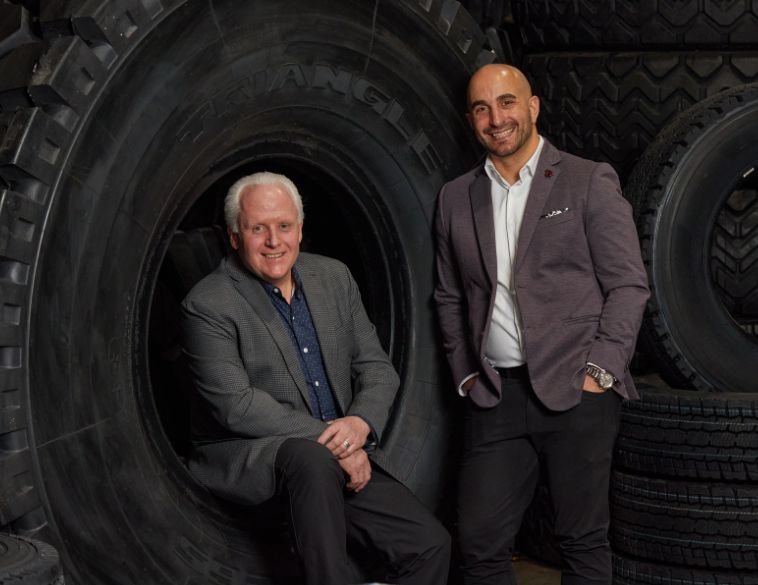While much will be changing with the new recycling model in Ontario, much will stay the same.
In 2009, new Ontario waste diversion regulations created the Ontario Tire Stewardship (OTS), a not for profit entity, which operated under the oversight of Waste Diversion Ontario (WDO). The OTS was authorized to collect fees—Ontario Tire Stewardship Fees—and establish a centrally managed structure to collect and recycle scrap tires generated in the Ontario market.
Unlike other provinces, Ontario chose a framework to collect fees as the tires “officially” entered the Ontario market, rather than when the tires were sold into the market at retail. Brand owners and / or first importers, mostly tire manufacturers, became “stewards,” and were required to pay fees to OTS. The stewards recovered the fee by charging it, without markup, to the supply chain, with the retailer ultimately recovering the fee from the consumer.
At inception, the fee was $5.84 per passenger and light truck tire, with higher fees for other product segments such as medium truck, etc. While this fee was high and would generate surpluses in a relatively short time, it was only 84 cents higher than the $5.00 per tire disposal fee being charged by many retailers.
The OTS fee funded a collector’s fee paid to tire retailers / collectors for collecting scrap tires, trucking (the haulers) to transport tires from collectors to recyclers, and various other costs associated with the orderly disposal / recycling of scrap tires, along with the management of same, to meet WDO standards.
This article will not discuss the pros and cons of the OTS as this has been discussed in many forums for many years. OTS, and its fees, became a normal part of our business in the tire supply chain in Ontario.
A new recycling model
In 2017, for many reasons, the Ontario Government decided to phase out the OTS and move to a “producer responsibility’ model. Stewards will become producers, taking individual responsibility for managing recycling. In simple terms, if a tire manufacturer sells 1000 tons of tires into the market, they must show they managed the collection and recycling of 1000 tons of scrap tires.
To achieve efficiencies, and share costs, the tire manufacturers, the producers, have formed a Producer Responsibility Organization (PRO), eTracks, effectively acting as a cooperative to collectively manage their responsibilities under the new regulations, and to meet the requirements of the Resource Productivity and Recovery Authority (RPRA) that replaced WDO.
Ontario’s tire recycling program is being overhauled.No free ride
Recycling costs, no matter who does it. OTS is being wound down and will be replaced by not-for-profit PROs, effectively doing the same job as OTS, but hopefully in a better and more cost efficient manner. However, the cost of recycling will not disappear.
Moving ahead, tire retailers, will still be charged a fee to cover the cost of tire recycling, and they will have to recover this from the consumer, much the same as it is today. In addition, the current $3.30 fee is below the actual operating costs of OTS. This is how they are “absorbing” the huge surpluses generated by the high fees earlier in the program. There is a strong possibility that the new PRO fees will be higher than the current OTS.
In plain speak, we have new names and new responsibilities, but the same end result must be achieved. You need to bake a cake. You can bake it with an electric oven or a gas oven, but either way you will get a bill for the energy consumed.


